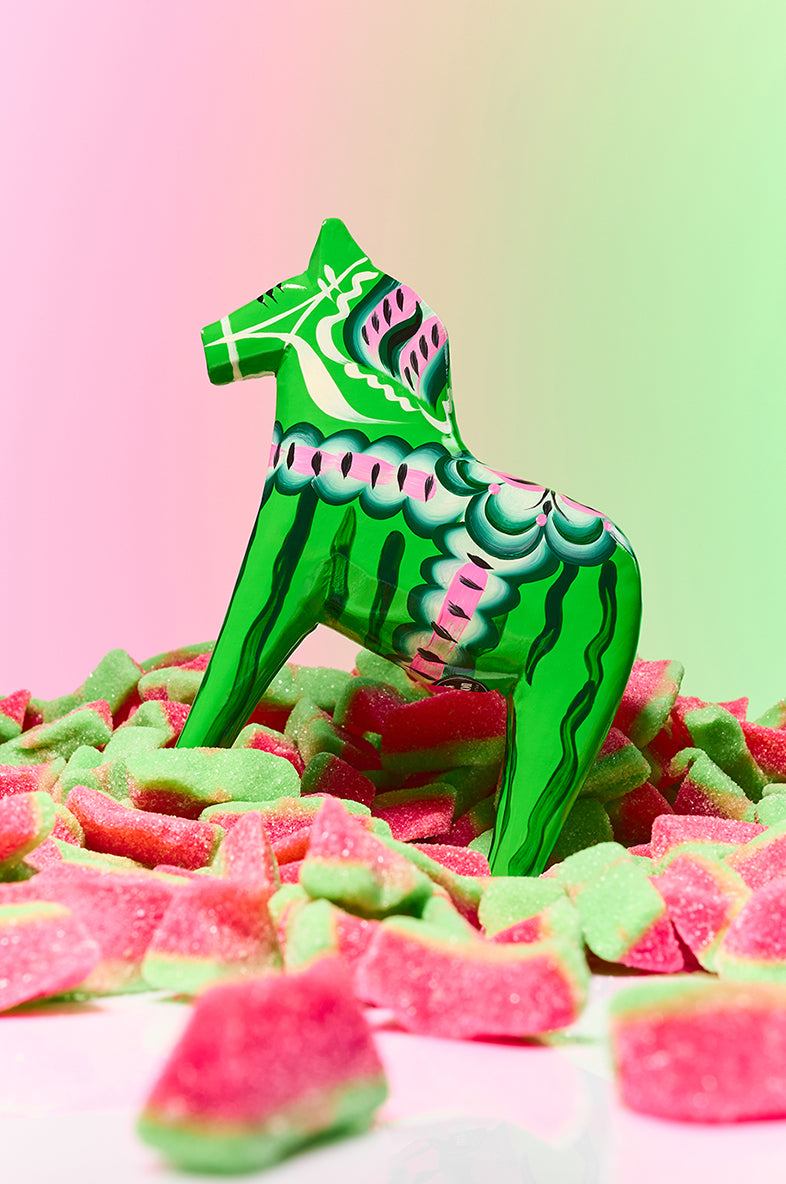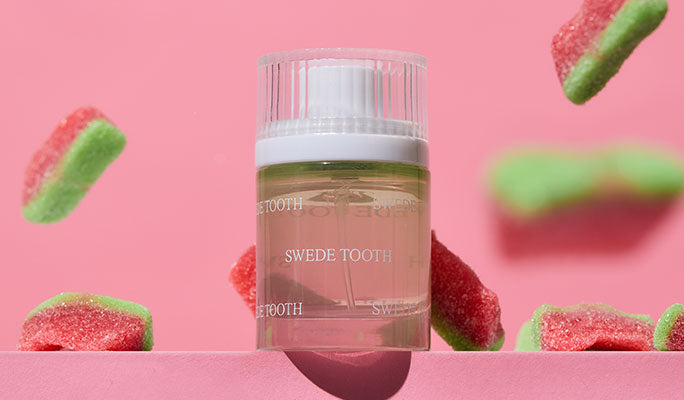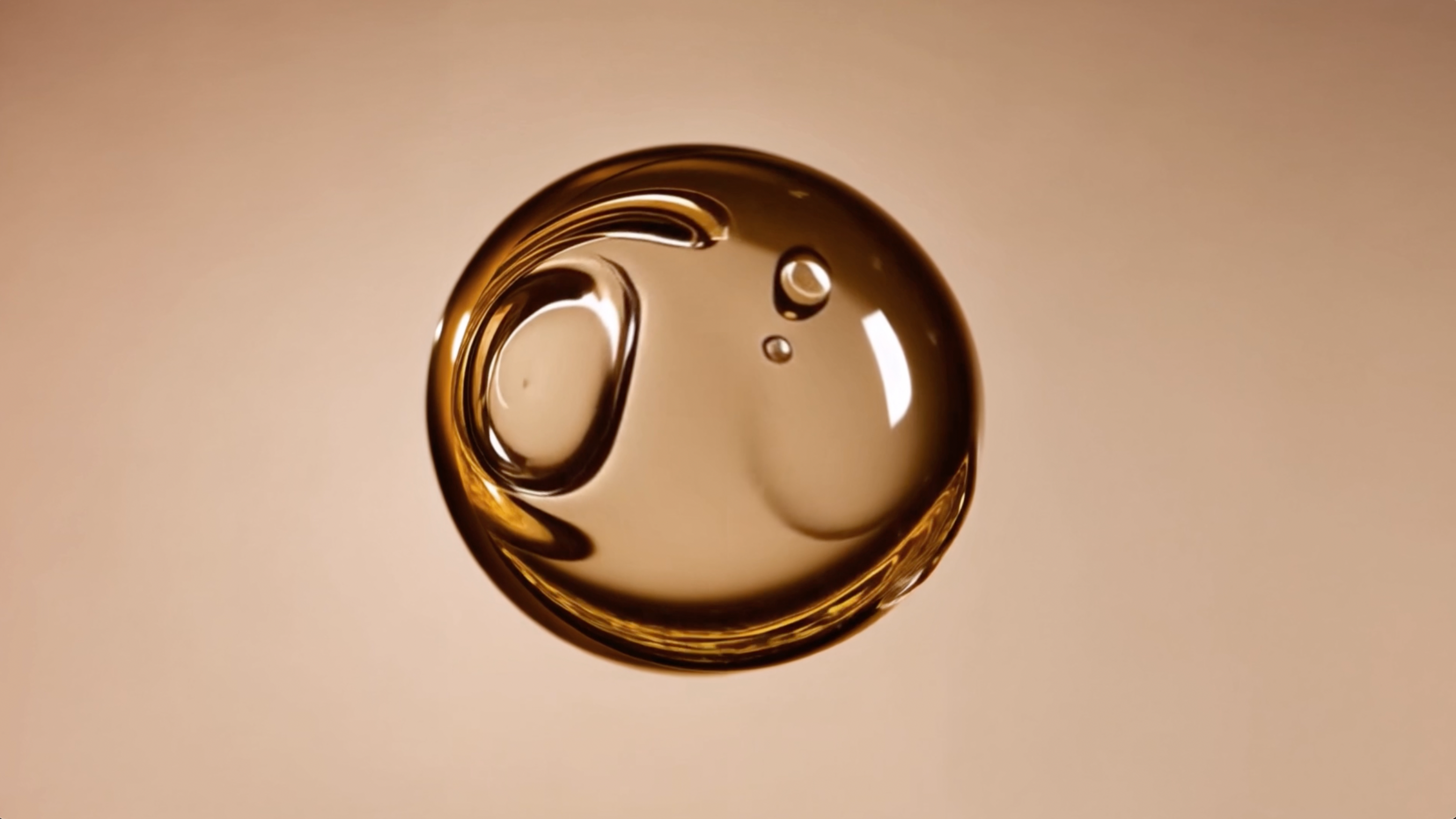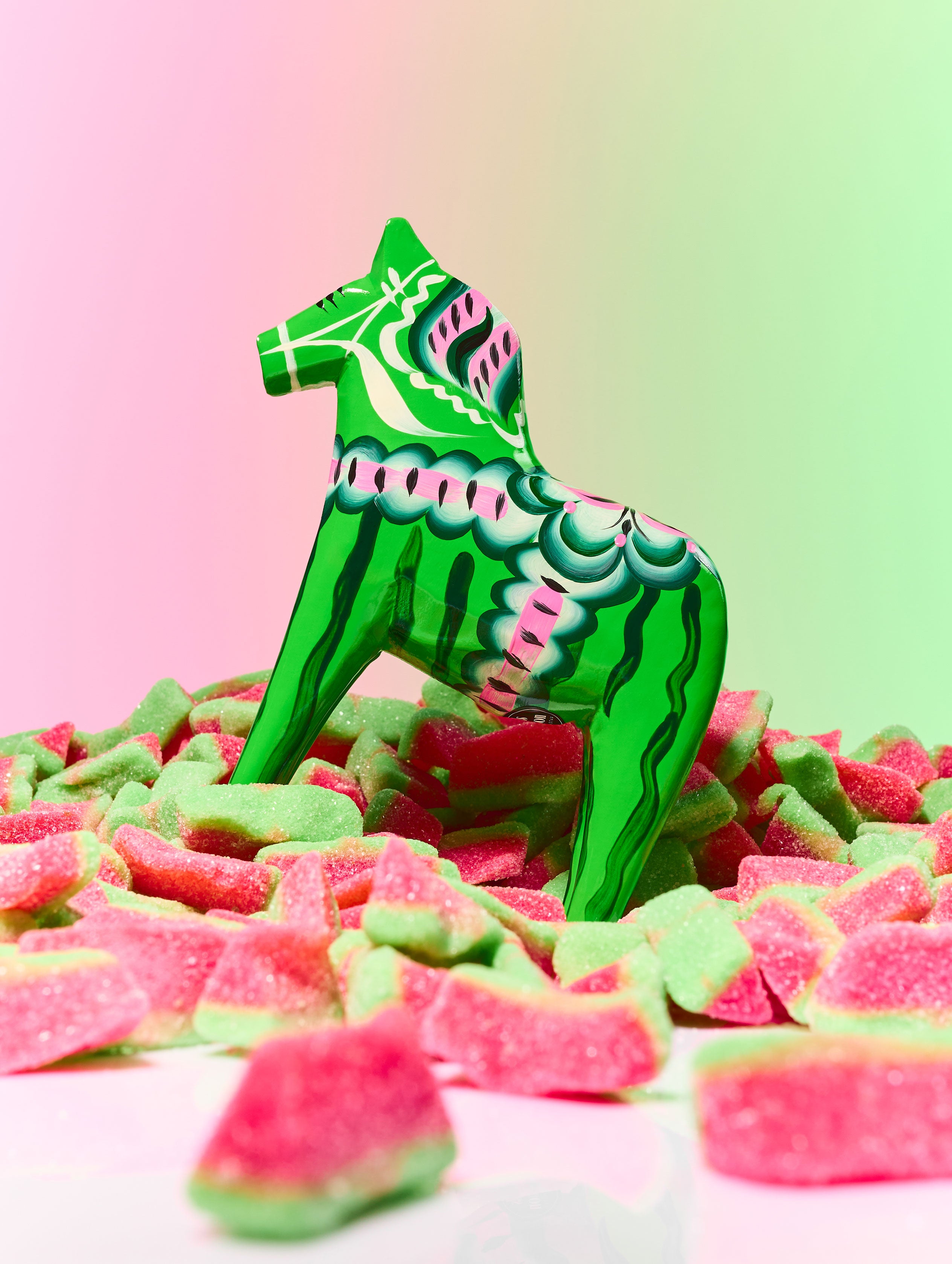If you’re the kind of person who can always smell the rain before it begins, you’re probably especially sensitive to the smell of petrichor — aka the smell of rain.
That fresh, earthy, wet scent that accompanies rainfall is well-loved by many… and if you’re one of them, this article is for you. We’re breaking down exactly what petrichor is, what it smells like, why it happens, and what scents you should try if this distinctive, earthy scent is up your alley.
What Is Petrichor?
To keep it simple, petrichor refers to the smell of rain. Although this is still only speculation, some scientists think we’re so attuned to the smell of rain because it has been integral to human civilizations over time.
The age-old importance of rain might be why we get the name of this smell from the ancient Greek wordspetra and ichor. Petra means stone, and ichoris a term from Greek mythology that refers to the golden, blood-like fluid that was thought to fill the veins of the immortal gods.
Two Australian scientists gave petrichor this name because when they steam-distilled rocks and soil, they discovered a golden yellow oil that was trapped in the rocks and responsible for the smell we associate with rain.
What Does Petrichor Smell Like?
Petrichor is a deep, earthy scent, and usually, the smell of petrichor is strongest after a dry period when it rains lightly. Unfortunately for all of us petrichor-lovers, rainfall that is too heavy or rain that occurs after a previous rainstorm likely won’t produce this sought-after smell (sigh).
Why Does Petrichor Happen?
Let’s get down and dirty with the science. Rain has such an intriguing, earthy smell because, during dry periods, plants secrete oils — like stearic acid and palmitic acid — that build up in the soil and rocks nearby.
When these oils are combined with other chemicals released by the bacteria that live in soil, we get petrichor. Although we like these oils for their smell, they actually also serve a useful purpose in nature — plant oils send signals to stop root growth and seed germination, both of which are essential during dry spells.
One type of bacteria responsible for the rain smell we all love is actinomycetes. These bacteria secrete a compound called geosmin, and when it rains, the impact of the rain hitting the earth helps release this compound. The smell of plant oils and the smell of geosmin are some of the components that mix together to create the distinctive scent of rain.
The final contributor to this natural cocktail? Lightning. When lightning happens during a thunderstorm, nitric oxide and ozone are created. The ozone molecules that are carried down to Earth by raindrops also add to the smell of rain.
What Are Some Scents To Try If You Like Petrichor?
Now that you know a little (or a lot) more about what petrichor is and how it happens, you might be wondering how you can incorporate this scent into your life. The sad news is, we can’t bottle the air after a rainstorm. The good news is, we can recommend six scents that might remind you of the earthy, rich smell of petrichor.
Eucalyptus
Eucalyptus has a woody smell reminiscent of a forest, combined with minty, citrusy, and sweet smells as well. This scent leans leafy, because eucalyptus oil comes from the leaves of eucalyptus trees.
This scent also has slightly sweet and fruity elements, which give eucalyptus a bright yet still relaxing smell. If this dynamic scent sounds like the perfect fit for you, you can get a whiff of it in Snif’s Rain Check laundry detergent.
This detergent features bergamot, eucalyptus, orange, lavender, rose, vetiver, and more. As you might have guessed, this combo mimics the smell of petrichor, giving you the opportunity to transport yourself to that blissful moment post-storm with each load of laundry.
Oakmoss
Another woody scent, oakmoss comes from the lichen of oak trees and has a strong, earthy smell. If you can picture walking through a damp forest with mossy trees, you might be able to imagine the smell of oakmoss.
Beneath the woody smell, oakmoss is also has a slightly musky scent. This makes it a more warm, complex smell that isn’t really similar to many other fragrances. You can find oakmoss in Burning Bridges, a smoky scent that pairs oakmoss with tobacco, iris, rose, and vanilla for a bold, addictive finish.
Cypress
Often compared to cedar and pine, cypress is another earthy scent to keep in mind when you’re shopping for your next signature scent. Unlike eucalyptus and oakmoss, cypress has a dry, spicy smell. It’s bold without being overwhelming, and it’s known for its long-lasting nature.
If you’re looking for a fragrance that features this woody floral scent, look no further than Snif’s Honorable Mention. This fragrance combines peach, timur pepper, lily of the valley, orange blossom, vetiver, and cyprus to make a scent as spicy as it is smooth.
Lemongrass
Bring and light, lemongrass is a fresh, delightful scent that many associate with warmer weather and sunshine. As you might have guessed from the name, lemongrass is a slightly lemony scent that comes from a tropical plant.
Given that lemongrass manages to feel sweet, earthy, and citrusy all at the same time, it is known and beloved for its versatility. This rosy, clean smell elevates any fragrance and might give you the little boost you need on your way out the door in the morning.
Sandalwood
Returning to woody scents, sandalwood has a strong smell that still manages to have a soft side that also leans smooth and creamy. Unlike other woody scents that might cause your nose to tingle and scrunch up, this rich scent is spicy and musky — but a little bit tamer.
If you’re craving a woody, rich scent that doesn’t overwhelm, sandalwood might be perfect for you. With a subtle edge that makes this scent undeniably sensual, sandalwood offers a more mellow take on a woody scent. Get your hands on a sandalwood scent with Way With Woods, a woodsy fragrance that features sandalwood, white tea, mandarin, amber woods, vetiver, and musk. This scent is a subtle, inviting fan-favorite that’s perfect for everyday wear.
Musk
It seems like every other fragrance you encounter claims to have a musky scent, but what does that really mean? Simply put, musk is that subtle, earthy scent that can be anywhere from powdery to sweet.
Although some people think of a strong, overpowering scent when they think of musk, it is actually a much more delicate scent that is often layered and combined with other fragrances.
Similar to the smell of a baby’s skin, this unmistakable scent gives fragrances a richness and depth that’s hard to replicate. Like the perfect garnish on your favorite dish, a little bit of musk goes a long way in the world of fragrance.
For a sweeter, more decadent take on musk, you can find this scent in Vanilla Vice, an ice cream-inspired fragrance that whips up musk, ice cream, Madagascar vanilla, jasmine sambac, amberwood, and orcanox, then serves it with a silver spoon.
A Summer Storm in One Spritz
Petrichor, the name for the pleasant smell of rain, is a term coined by Australian researchers. This smell comes from oils and chemical compounds that are released by the impact of raindrops hitting the earth, and it’s especially strong after periods of dry weather.
If you’re a fan of the smell of petrichor, there are several scent elements you can try to help replicate this smell. From more woody, rich scents like oakmoss, sandalwood, and cyprus, to brighter, fresh fragrances like eucalyptus and lemongrass, there are plenty of options when it comes to earthy scents. Although it has a more subtle smell, musk might also become one of your favorite scents if you prefer something a little bit more delicate.
No matter what stage of your scent journey you’re at, Snif’s fine fragrances have something for everyone.
Sources:
(PDF) Petrichor | Research Gate
Lemongrass Essential Oil Components with Antimicrobial and Anticancer Activities | NIH























